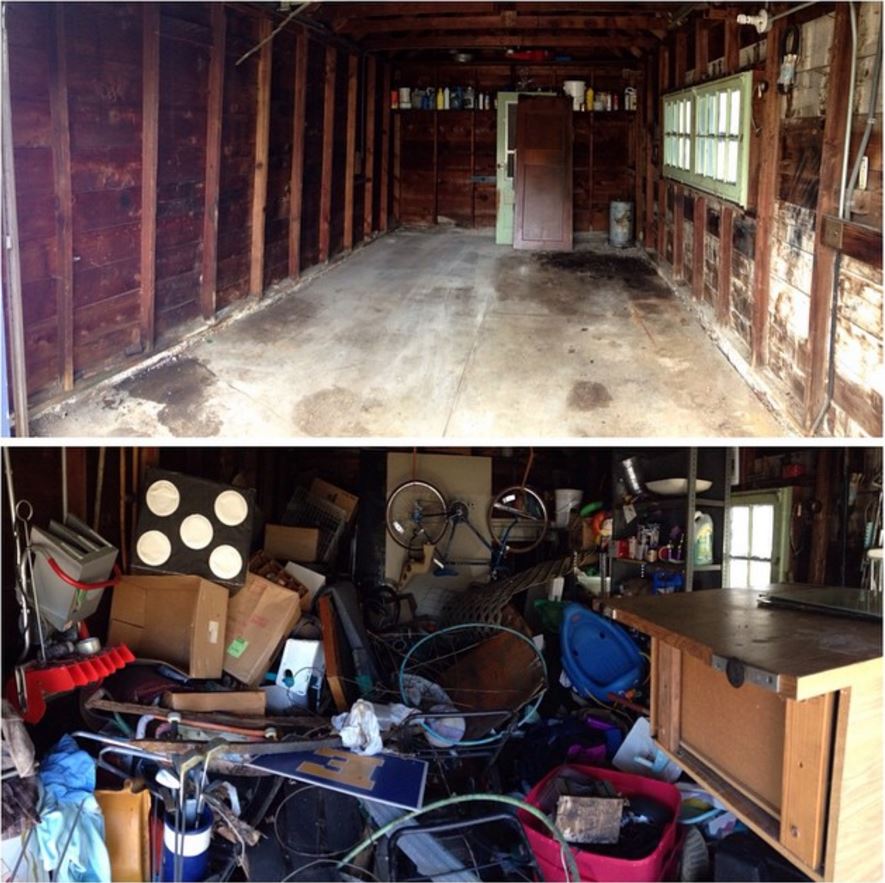- Collectors know the value of objects. Collectors are very specific about their possessions. Someone who collects vinyl records would see no use in adding a CD to their collection. Hoarders do fall into general categories, such as syllogomaniacs and bibliomaniacs, but they collect everything relating to their preference. Bibliomaniacs, for example, collect all the books that they can, unaware of their monetary value.
- Collectors are organized. There’s a method to the madness. Items are kept in pristine condition, often in a glass cabinet or in its original packaging. These treasures are treated with the utmost care so as to not depreciate their value. Hoarders long ago lost the ability to organize their belongings. Stuff piles up, often in dangerously tall mounds with little more than “goat paths” between them.
- Hoarders think they’re normal. If your bookcases are full of collectors’ edition DVDs, you can still recognize that your collection might not be loved by all. Hoarders, however, have no idea that they have a problem with their belongings, even as they begin to render their home dangerous. If left to their own devices, hoarders would keep gathering items until they ran out of room, without once stopping to think if this was healthy or not.
- Collectors are proud of their collections. Collectors can’t wait to show off their prized collection to a new person. Hoarders often hear that their family and friends are worried about them. This makes the hoarder embarrassed or ashamed by their belongings and they go to great lengths to hide their home from the world.
- Hoarding impacts daily life. As with most disorders or addictions, hoarding begins to impact daily life. This is a huge warning sign. If you or a loved one is having a hard time getting to work on time (because there’s so much stuff to navigate around the house), relies on frozen meals because the stove is covered with newspapers, or sleeps on the couch because you can’t reach your bed, then your daily live is impacted.
- Hoarding is a psychological disorder. Above all, hoarding is a mental health issue. It may be related to OCD, although some psychologists believe that it could be related to ADHD or depression. Collecting is simply valuing a specific type of item.
Hoarders vs Collectors: 6 Ways They’re Different

In our line of work, we’ve run into several hoarder homes, once prized family houses that now crumble under the weight of their clutter. It’s also very common to come across a lavish collection of vintage comic books, model trains, or other quirky belongings. Throughout the last couple of years, we’ve found a few ways to differentiate hoarders from collectors:
